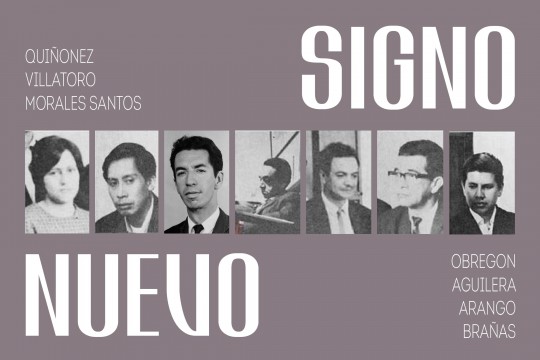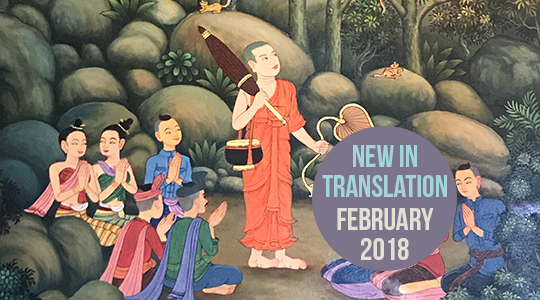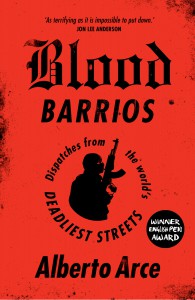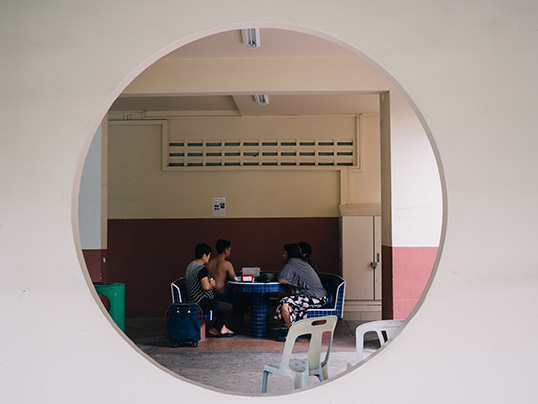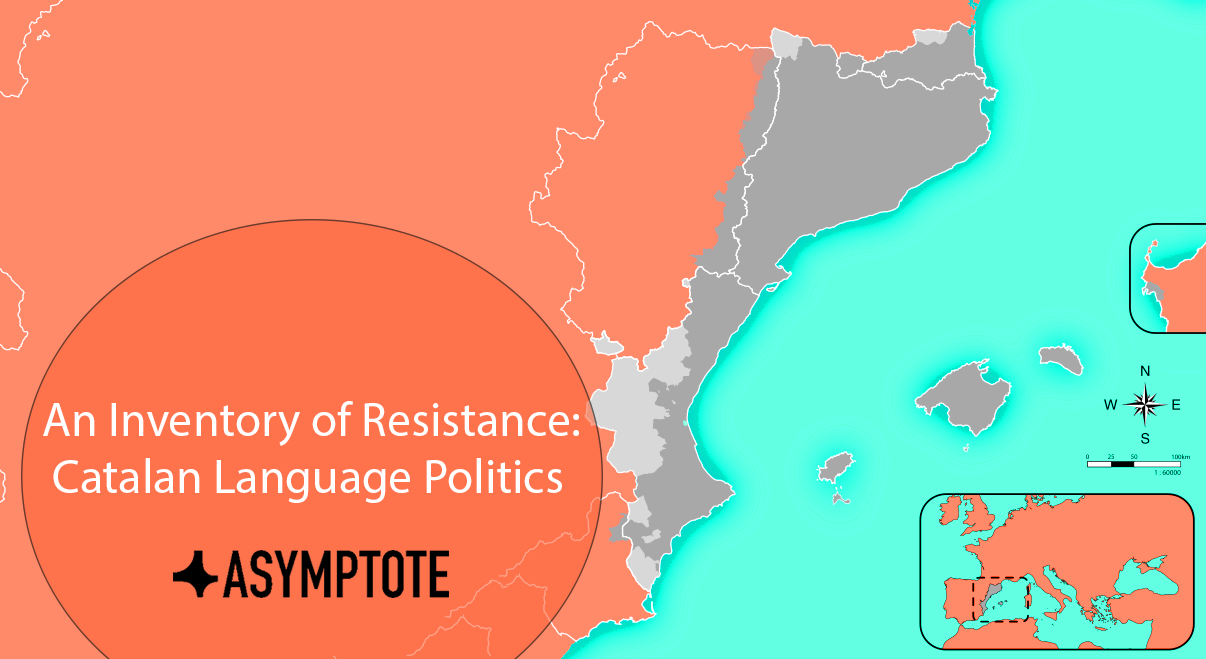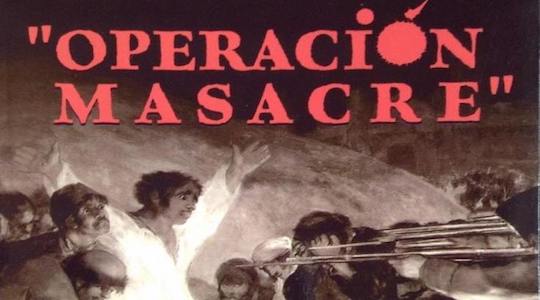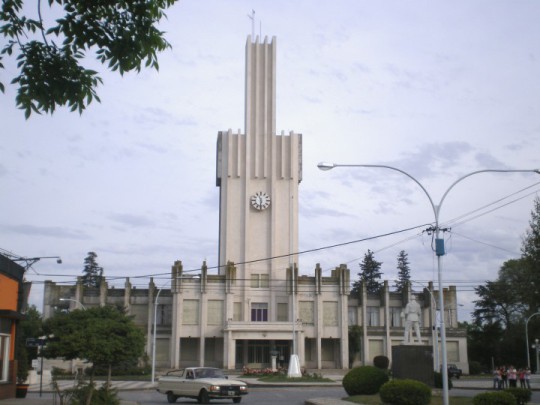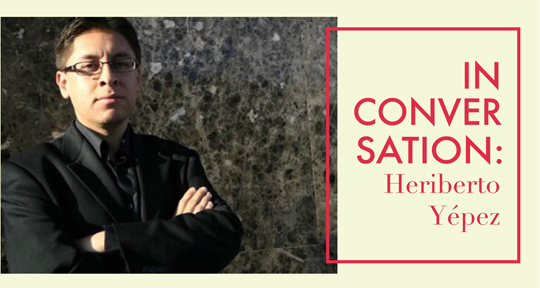“An Inconvenient Newspaper” is an essay about the recent closure of the Buenos Aires Herald, a paper that wrote against the Argentine military dictatorship, in English, in the 1970s and 1980s. The Buenos Aires Herald closed in July, just as an Argentine indigenous rights activist disappeared. The full profile of Robert Cox, the director of the Herald, was published in a Portuguese translation in issue no. 133 of the Brazilian magazine Piauí, released in October 2017. This English translation is an abridged version of the original Spanish article by Josefina Licitra.
“Any news?” That’s how Robert Cox greets me. He says “hello” and “nice to meet you” with an affectionate kiss on the cheek. But in the following sentence he always probes for the unexpected, for the possibility of news. It’s 10 a.m. on a Thursday and Cox looks like he just woke up. His eyes are still sleepy and his white hair finger-combed.
“Not that I know of,” I reply.
Cox makes coffee in the kitchen and brings it to the living room: a pleasant space scattered with paintings, family photos, and other decorations. He lives with his wife, Maud Daverio, in Charleston—in the United States—but also keeps this old, elegant Buenos Aires apartment, which he visits every year. This is where he lived after getting married, in 1961. This is where his five children were born. This is where he lived when the Buenos Aires Herald, the English-language newspaper that he directed from 1968 to 1979—one of a kind in Latin America—became the Argentinian publication that spoke out about human rights violations during the last military dictatorship, at a time when no other media institution would. And this is the place that he had to leave when a series of threats—also directed against his wife and one of his children—forced his family into exile.
Cox looks through the voile curtains. Outside the window is a narrow street lined with the pompous buildings of the Recoleta neighborhood, one of the most European areas of Buenos Aires. “I don’t know what happened with Santiago Maldonado…” he says, and clicks his tongue with an audible tsk. “Still no news? Weird.”
Santiago Maldonado is—was?—an artisan who supported the struggle of radical indigenous groups that reclaim land in Patagonia. This past August 1st, after a protest that stopped traffic, he disappeared in the middle of a confrontation with the Gendarmería—border officers. Some say that the police arrested him and accidentally killed him through the use of excessive force. Others say that there is no evidence to show that the government was at fault—and to this day there still isn’t—but they also can’t come up with a different explanation for his disappearance. Since then, demands to find Maldonado alive—or to find him at all—have deepened the divisions between Argentina’s governing party and its opposition. While the government refers to Maldonado as an “artisan,” kirchneristas and left-wing parties call him a desaparecido—one of the “disappeared.”
That term, in Argentina, dredges up the history in which Robert Cox was involved.


